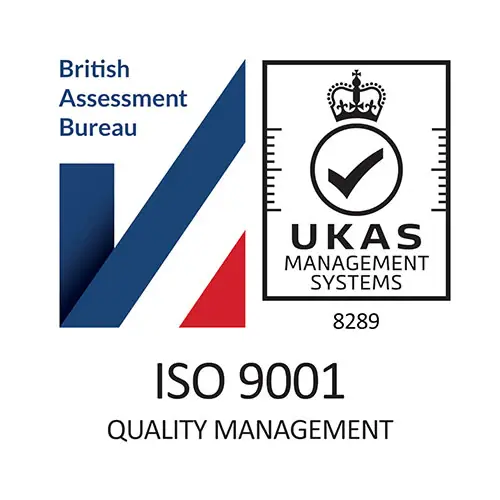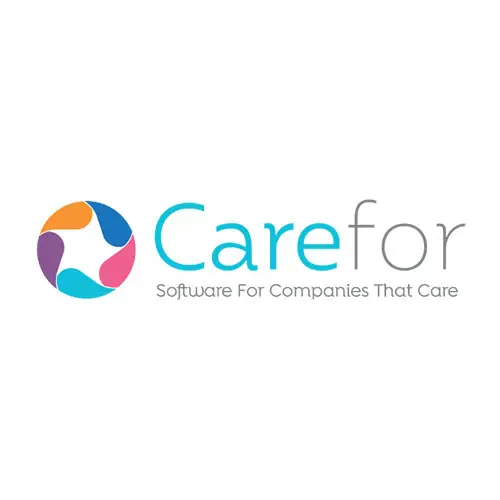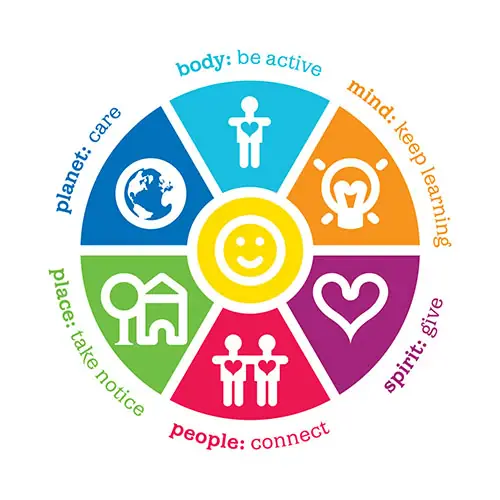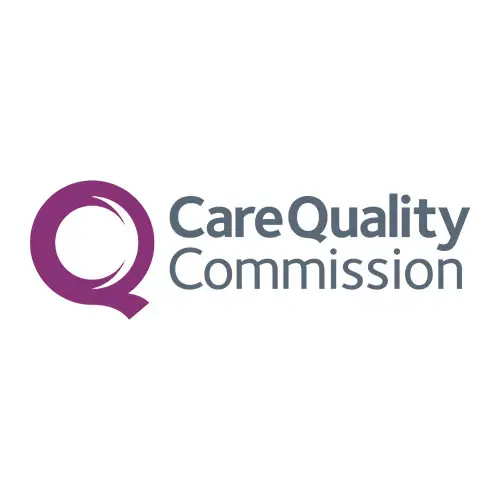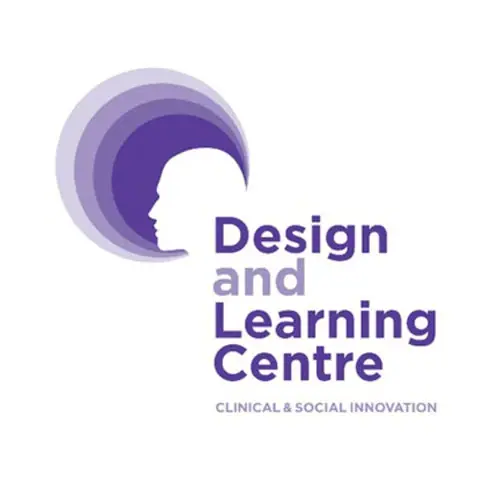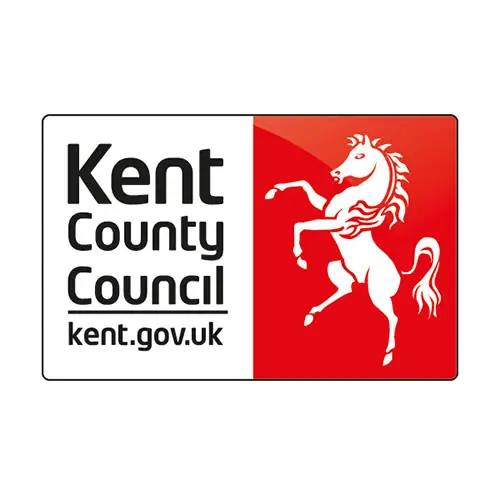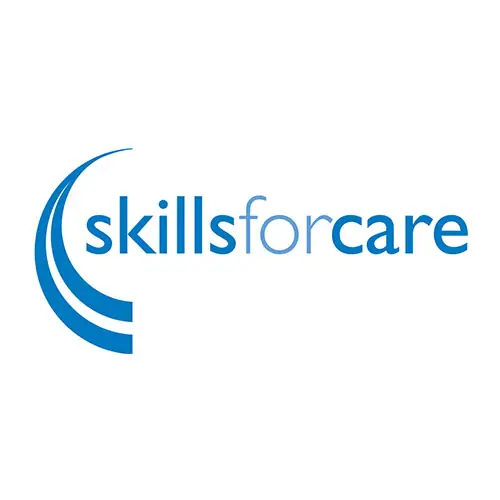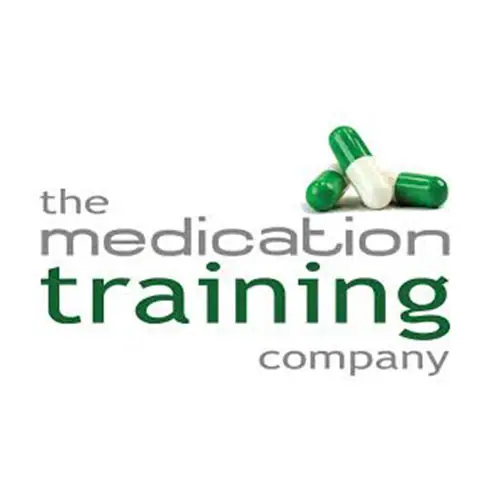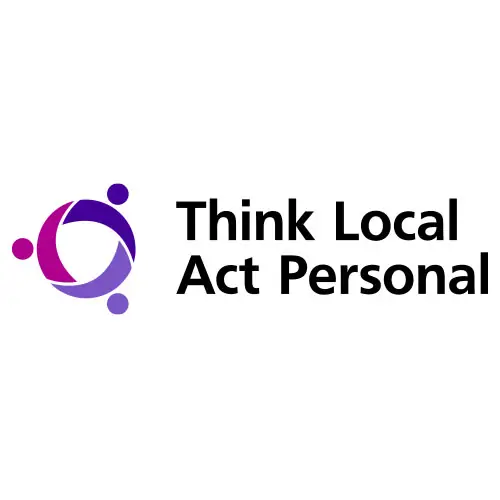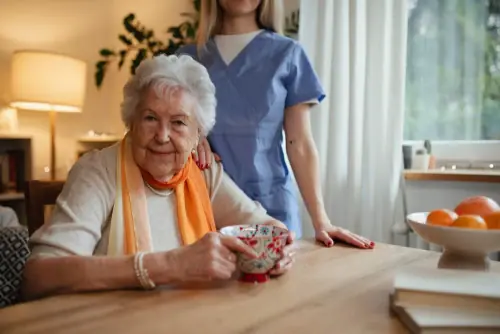We can offer dementia care and support
With many years of collective experience in this area, we can offer dementia care and support based on the person-centred way in which we work as an organisation. Whether this is for someone living at home who needs support with personal care, cooking, washing, cleaning or community access or in a residential care home where someone needs support to go out or on holiday - we can help!
What is Dementia?
Dementia is a term used to describe lots of diseases, these are vast in number, but the most common terms diagnosed are Alzheimer’s disease, Vascular Dementia and Dementia with Lewy bodies.
Although these conditions are similar, the dementia may vary and the journey can be very different.
We understand better than most that coming to terms with a diagnosis of Dementia is a worrying and upsetting time for anyone, but the earlier this can be diagnosed the easier the road can be, we can help with every step of the journey.
Recognising signs of change in people you are close to can be a worrying time, but not recognising them or not understanding why they are occuring may be more damaging in the long term.
Things to look out for may include in the early stages things such as:
- Forgetting recent things they did
- Being less interested in activities or taking less care of themselves
- Being reluctant to try new things
- Being less able to make decisions or plans
- Becoming slower to understand ideas
- Showing a tendency to accuse others of ‘hiding’ or ‘stealing’ items
- Becoming increasingly self-centred
- Losing the ability to concentrate
- Becoming restless and unsettled






